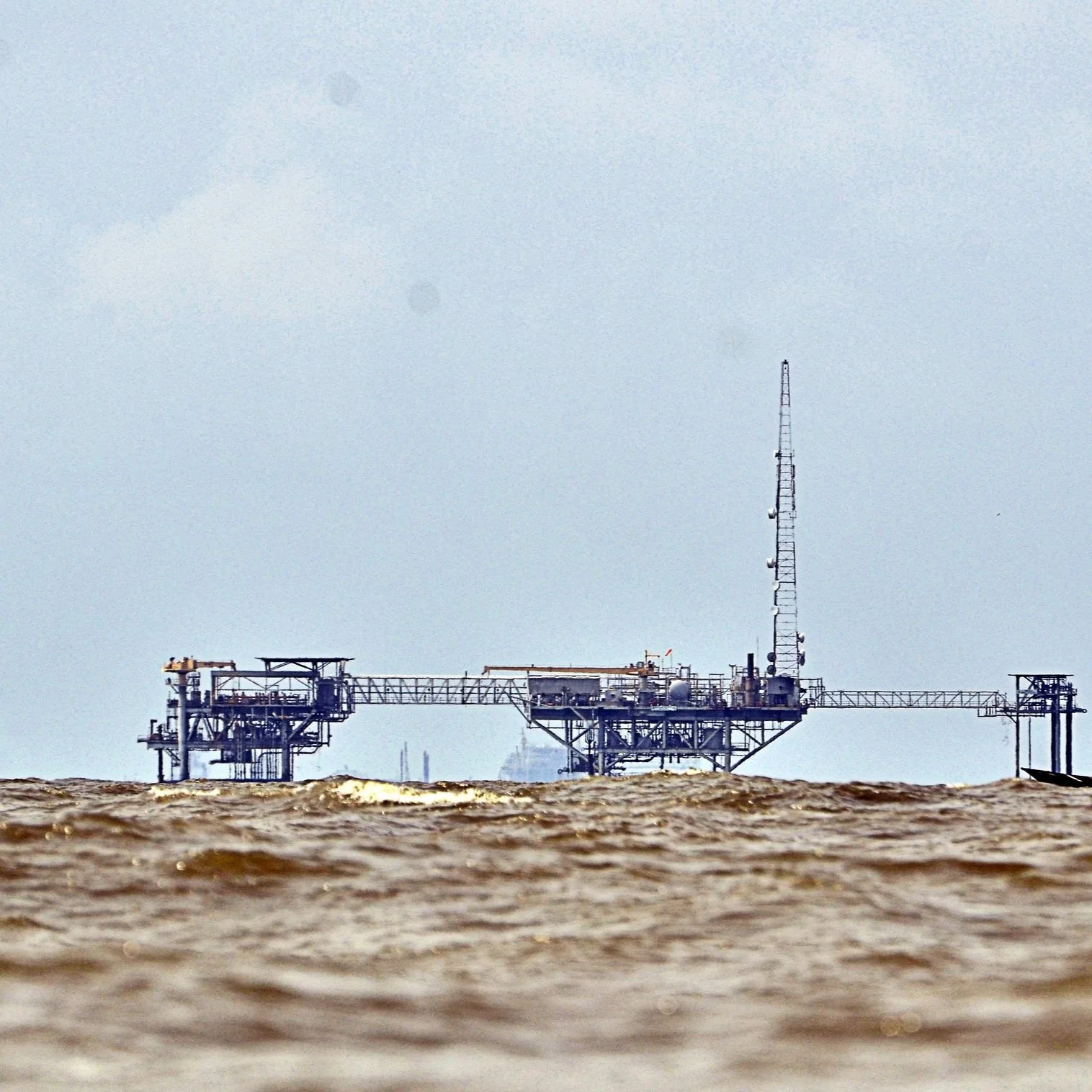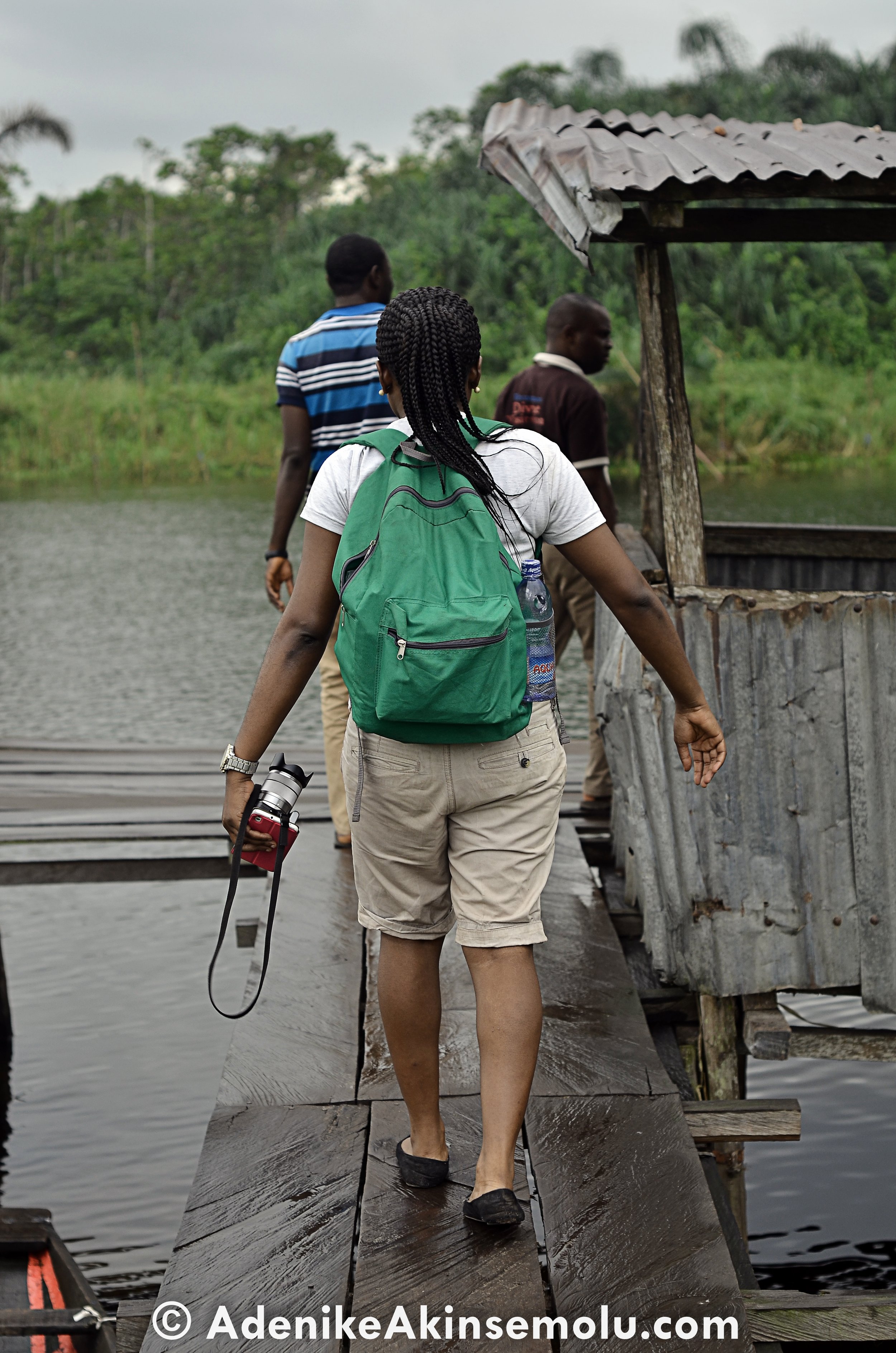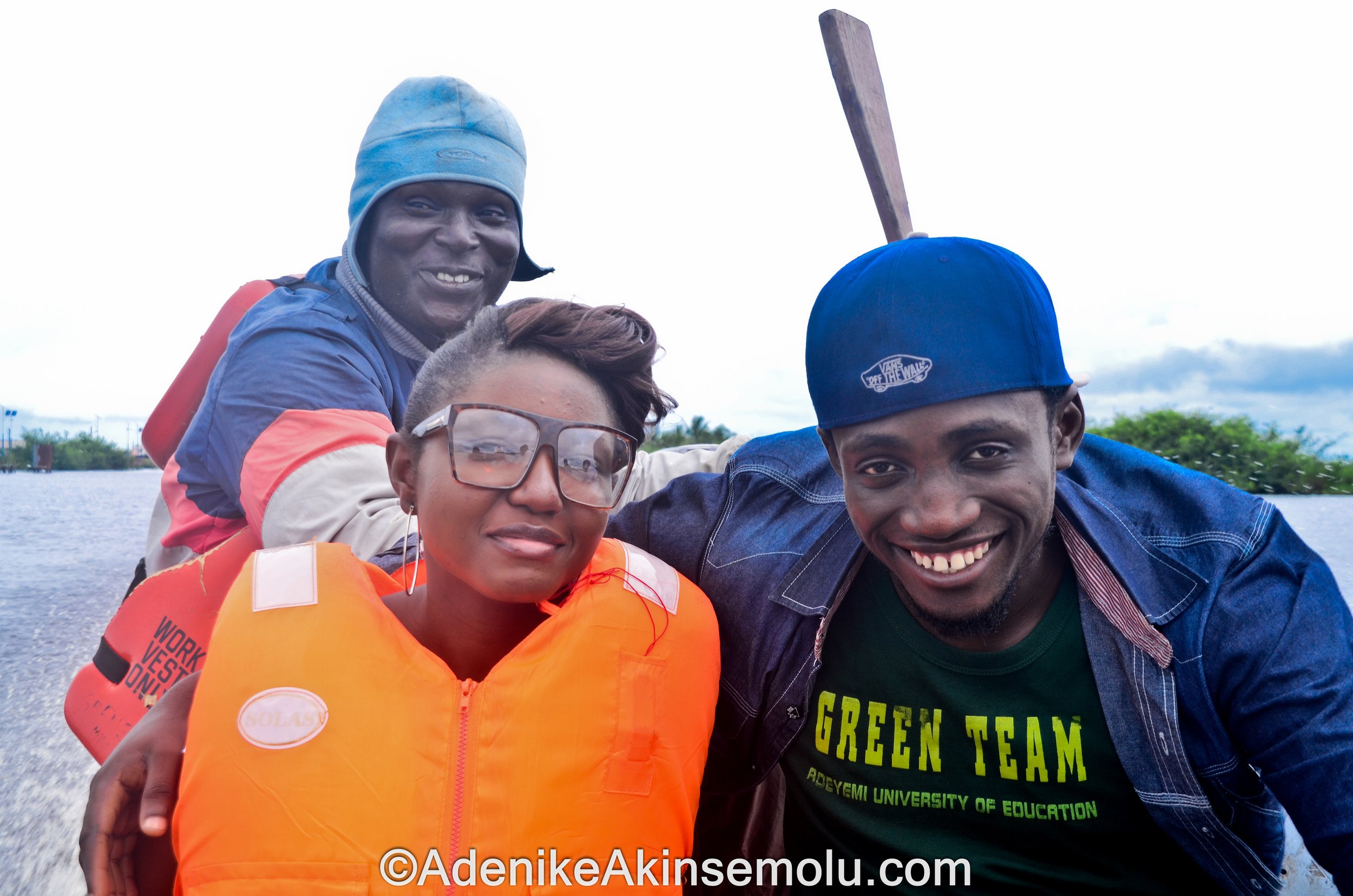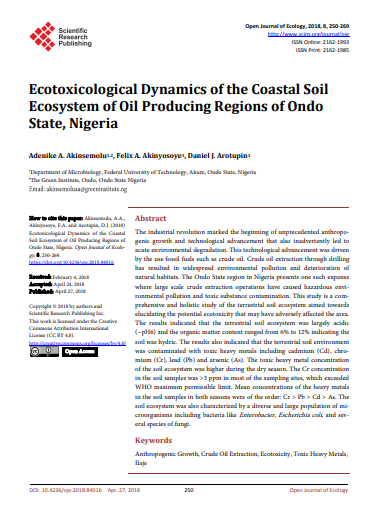BACKGROUND
The research titled "Microbiological, Physicochemical, and Genotoxicological Characteristics of Water, Sediments, and Soil from Coastal Areas of Ondo State, Nigeria" was conducted to investigate the environmental quality of water, sediments, and soil in the coastal regions of Ondo State. The coastal areas of Ondo State, Nigeria, are ecologically significant and serve as essential habitats for various plant and animal species. However, with increasing industrialization, urbanization, and human activities, these areas have faced growing environmental challenges.
The primary objective of this research was to comprehensively assess the microbiological, physicochemical, and genotoxicological properties of water, sediments, and soil in the coastal regions. The microbiological analysis aimed to identify the presence of pathogenic microorganisms and assess overall water quality. The physicochemical analysis involved examining various parameters such as pH, dissolved oxygen, nutrients, heavy metals, and other pollutants to evaluate the overall health of the ecosystems. Additionally, the genotoxicological assessment investigated potential genetic damage caused by environmental contaminants.
The study adopted a multidisciplinary approach, employing advanced laboratory techniques and methodologies to gather accurate and reliable data. The results of this investigation provided valuable insights into the environmental health and contamination levels in the coastal areas of Ondo State. It helped in understanding the potential risks posed to human health, aquatic life, and overall ecosystem integrity.
Findings from this research were crucial for policymakers, environmental agencies, and local communities in devising effective conservation and management strategies. Implementing appropriate measures based on the study's outcomes could help mitigate environmental pollution, preserve biodiversity, and safeguard the well-being of coastal communities and ecosystems in Ondo State, Nigeria. Furthermore, the study contributed to the broader body of knowledge regarding the environmental impacts of human activities in coastal regions, assisting in the development of sustainable practices for coastal management and conservation efforts globally.
SOLUTION
Identification of Pollution Sources: The research successfully identified specific pollution sources in the coastal areas of Ondo State, shedding light on human activities and industries contributing to environmental degradation.
Water Quality Improvement: Based on the research findings, targeted interventions were implemented to improve water quality. Measures such as wastewater treatment, pollution control, and sustainable agricultural practices were introduced to safeguard the coastal water bodies.
Ecological Restoration: The research outcomes facilitated the development of ecological restoration projects in degraded coastal regions. Efforts to rehabilitate wetlands, mangroves, and other critical ecosystems were undertaken to enhance biodiversity and habitat protection.
Public Health Awareness: The study's findings raised public awareness about potential health risks associated with contaminated water, sediments, and soil. Health campaigns and educational programs were initiated to promote safe practices and reduce exposure to environmental pollutants.
Policy Formulation: Policymakers used the research data as a basis for formulating and updating environmental policies. The study's evidence-based approach influenced decisions on sustainable coastal management, pollution control, and conservation efforts.
Community Engagement: Successful outcomes from the research fostered community engagement in environmental protection. Local residents actively participated in conservation initiatives, empowering them to become stewards of their coastal environment.
Ecosystem Resilience: Through the implementation of recommended measures, the research contributed to enhancing the resilience of coastal ecosystems to climate change and human impacts, ensuring their sustainability for future generations.
Stakeholder Collaboration: The study facilitated collaboration among government agencies, NGOs, research institutions, and local communities, resulting in collective efforts to address environmental challenges in the coastal areas.
Scientific Advancement: The research added valuable data to the scientific knowledge base, contributing to the understanding of the complex interactions between pollutants and coastal ecosystems, leading to further research opportunities.
Global Relevance: The successful outcomes of the research in Ondo State had broader global relevance, offering valuable insights and solutions for other coastal regions facing similar environmental issues worldwide.
FUNDER
TETFUND, a government agency supporting education and research in Nigeria, played a vital role as a sponsor of the "Environmental Analysis of Coastal Areas in Ondo State" research. Their financial support enabled comprehensive assessments, leading to valuable insights for policymakers and effective conservation strategies.













